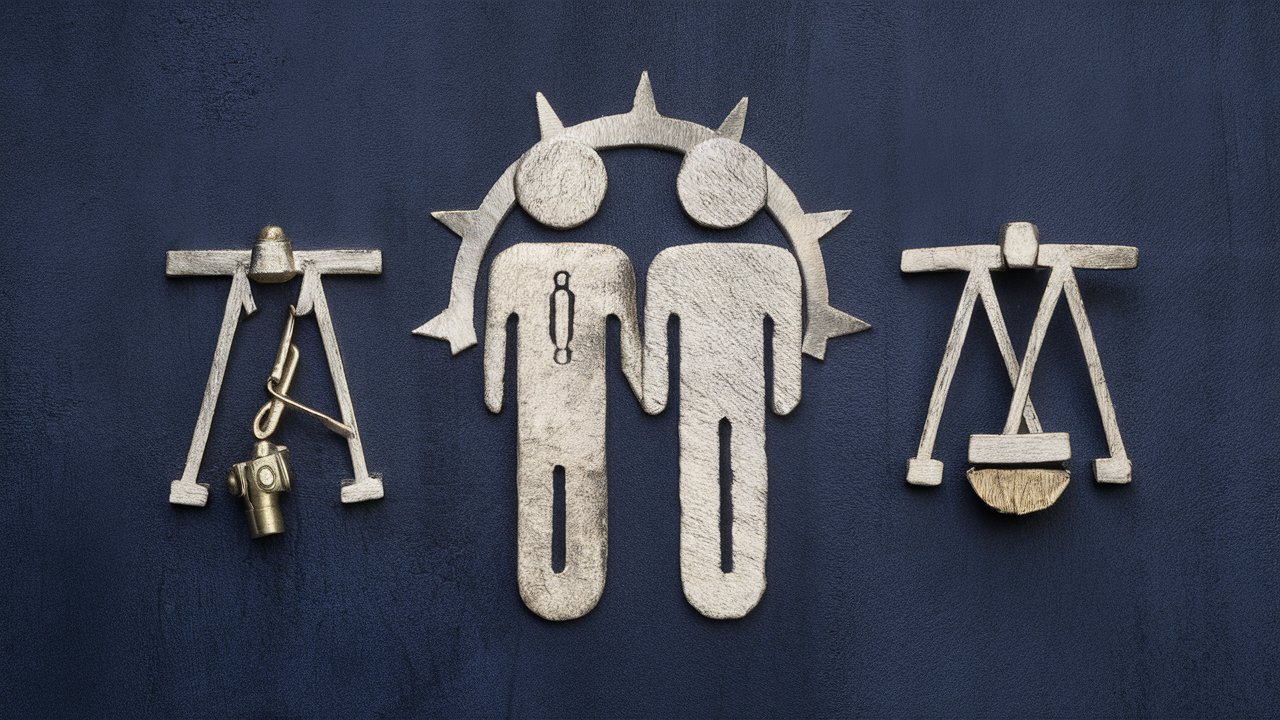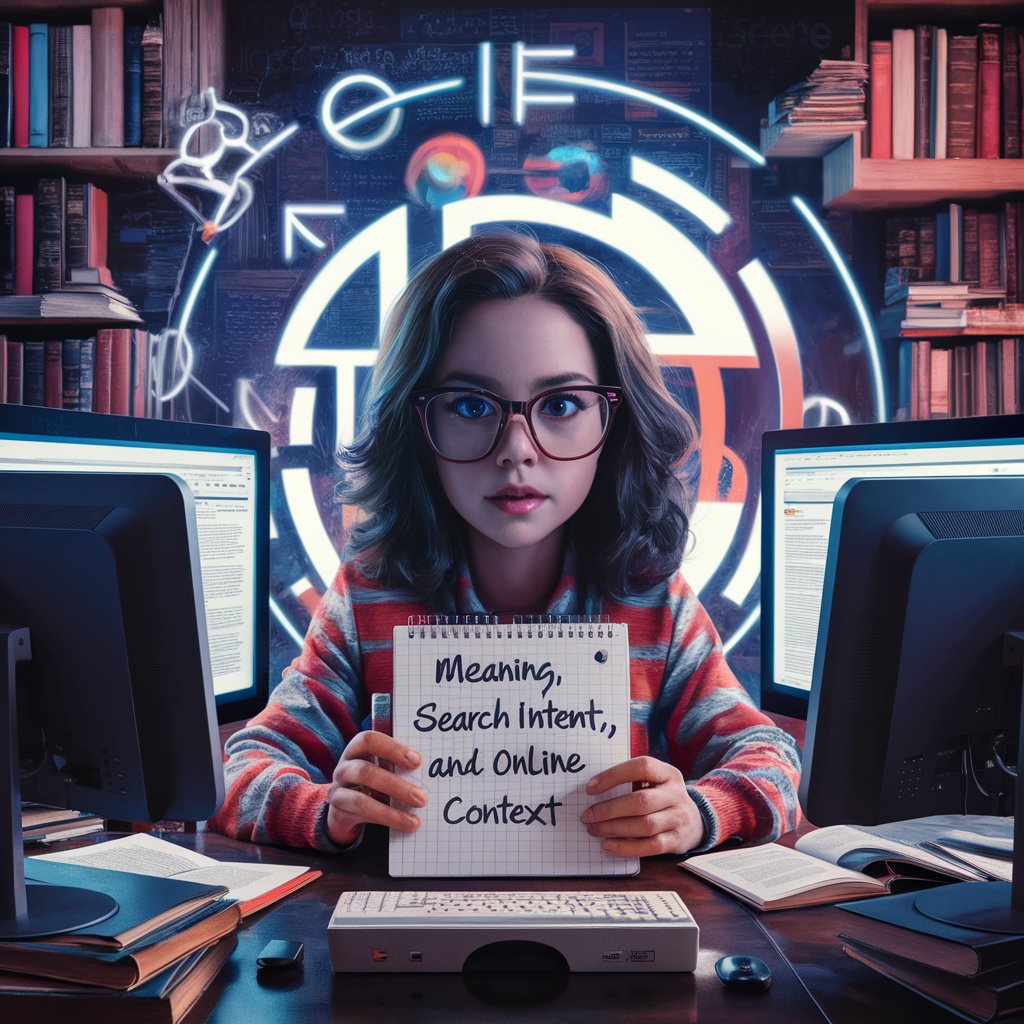In modern democratic societies, transparency, fairness, and accountability are essential values that help maintain trust between the public and governmental or organizational institutions. One important figure that ensures these values are upheld is the Ombudsmann (plural: Ombudsmänner). This article explores who Ombudsmänner are, what they do, their significance, and how they help protect the rights of citizens. Understanding the role of Ombudsmänner can help individuals better navigate public administration systems and resolve disputes effectively.
🧩 What Are Ombudsmänner?
The term Ombudsmänner refers to independent officials appointed to investigate complaints made by individuals against public authorities, government agencies, or large organizations. They act as neutral mediators between the public and institutions, ensuring that decisions and actions comply with ethical and legal standards. The role of Ombudsmänner originated in Sweden in the early 19th century and has since become a key part of many democratic systems around the world. Today, Ombudsmänner are commonly found in public administration, corporate structures, and even universities or healthcare systems.
⚖️ Responsibilities of Ombudsmänner
Ombudsmänner responsibilities are centered on defending fairness, protecting individual rights, and ensuring accountability. Their core duties include investigating complaints, reviewing policies, issuing recommendations, and providing mediation services. They often examine whether administrative actions are unjust, biased, or unlawful. If they find wrongdoing, Ombudsmänner can make recommendations to correct or reverse decisions, though they usually do not have direct enforcement power. By doing this, they ensure that the principles of justice, equality, and good governance are maintained within organizations.
📢 The Importance of Ombudsmänner in Society
The importance of Ombudsmänner lies in their ability to offer an independent and impartial review of administrative actions. They provide citizens a safe channel to voice concerns without fear of retaliation. This builds trust between the public and institutions, helping to prevent corruption, abuse of power, and administrative negligence. By resolving disputes and recommending reforms, Ombudsmänner contribute to improved service delivery, greater institutional transparency, and enhanced democratic governance. Their presence strengthens the rule of law and accountability frameworks within society.
🌍 Types of Ombudsmänner in Different Sectors
Ombudsmänner are not limited to government agencies; they exist in many sectors. In government, they deal with complaints about public services or officials. In corporations, they address employee grievances and ensure ethical workplace practices. In education, Ombudsmänner protect student rights and promote fair academic processes. In healthcare, they handle patient complaints, advocating for quality treatment and ethical practices. Each type of Ombudsmann is adapted to the specific needs of the sector they serve, but their mission of ensuring fairness remains the same.
⚙️ How Ombudsmänner Investigate Complaints
When a complaint is filed, Ombudsmänner follow a structured process. They assess the complaint’s validity, collect documents, interview involved parties, and review relevant laws or policies. They act with strict confidentiality to protect both the complainant and the institution’s reputation during the investigation. After completing their review, they issue a formal report with findings and recommendations. While their decisions are often non-binding, public authorities and organizations typically follow their recommendations to maintain credibility and public trust.
📝 Benefits of Having Ombudsmänner in Institutions
Having Ombudsmänner benefits both individuals and organizations. For individuals, they offer an accessible, free, and non-judicial way to resolve disputes. For organizations, Ombudsmänner help prevent legal conflicts, improve internal policies, and promote ethical behavior. Their mediation often saves time, resources, and reputational damage that could arise from legal proceedings. Ultimately, Ombudsmänner foster a culture of accountability, integrity, and fairness, which benefits the entire system they operate within.
📌 Challenges Faced by Ombudsmänner
Despite their importance, Ombudsmänner face several challenges. These include limited legal authority, resource constraints, and occasional resistance from powerful institutions. Their recommendations may be ignored if the institution does not value accountability, and they must constantly maintain independence to avoid political or organizational influence. Nevertheless, through transparency, persistence, and public support, many Ombudsmänner successfully drive institutional reforms and systemic improvements.
🏁 Conclusion
Ombudsmänner are vital pillars of fairness, accountability, and justice in modern governance and institutional frameworks. They act as independent watchdogs that protect public interests, mediate conflicts, and enhance transparency. By ensuring that individuals have a voice against unfair practices, Ombudsmänner contribute to a stronger and more trustworthy system. As societies grow more complex, the demand for Ombudsmänner will continue to increase, making their role more critical than ever.
❓ FAQ About Ombudsmänner
Q1: Are Ombudsmänner government employees?
A: Ombudsmänner may be appointed by governments, but they function independently to ensure unbiased investigations and decisions.
Q2: Do Ombudsmänner have legal authority?
A: They do not typically have binding legal power, but their recommendations carry strong influence and are usually followed by institutions.
Q3: Can anyone file a complaint with an Ombudsmann?
A: Yes, any individual or group affected by an organization’s decisions can file a complaint.
Q4: How are Ombudsmänner different from courts?
A: Ombudsmänner provide informal, non-judicial resolution of complaints, while courts deliver formal legal judgments.
Q5: What makes Ombudsmänner effective?
A: Their independence, impartiality, confidentiality, and accessibility make them effective in resolving disputes fairly.


